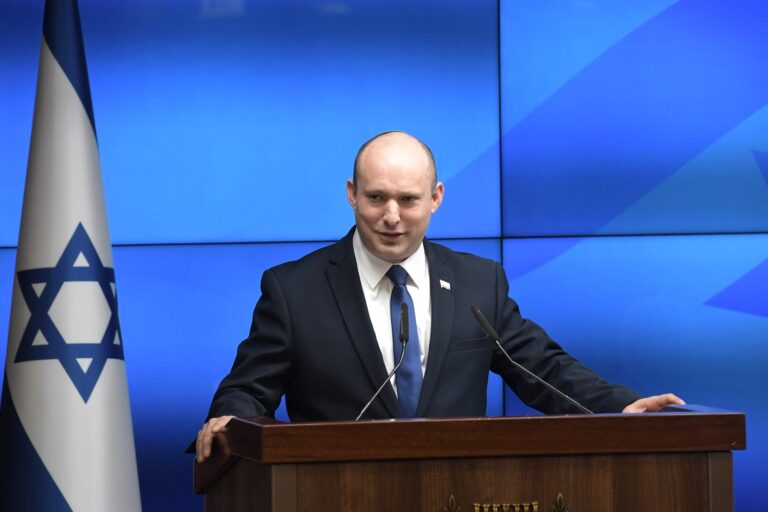Iran’s nuclear program could be back online “in a matter of months,” despite punishing U.S. and Israeli attacks on key facilities, UN atomic watchdog chief Rafael Grossi warned in an interview — contradicting claims from President Donald Trump and Israeli officials that Iran’s nuclear ambitions had been set back for years.
Grossi, director general of the International Atomic Energy Agency, told CBS News that although damage to Iranian nuclear sites was “serious,” critical capabilities remained intact. “Some is still standing,” he said, adding that Iran could have “a few cascades of centrifuges spinning and producing enriched uranium” in months, or possibly less.
His comments mirror a preliminary Pentagon intelligence report leaked last week that concluded U.S. strikes on Natanz, Fordo, and Isfahan had failed to destroy underground facilities and left most of Iran’s highly enriched uranium stockpile untouched. That assessment, rejected by the White House, suggested Iran was now about six months from nuclear breakout, compared to three months before the U.S. airstrikes.
Grossi went further, warning that IAEA inspectors cannot verify whether Tehran secretly moved part of its estimated 408-kilogram stockpile of uranium enriched to 60% purity — material which, if further refined, could fuel more than nine nuclear bombs. “We don’t know where this material could be,” he acknowledged, urging Iran to grant inspectors immediate access.
So far, Tehran has refused. Iranian lawmakers voted to suspend cooperation with the IAEA and rejected Grossi’s request to inspect the damaged facilities, especially at Fordo, a key enrichment hub. “We need to be in a position to ascertain, to confirm what is there, and where is it and what happened,” Grossi told CBS.
Trump, in a separate interview on Fox News, dismissed concerns about missing nuclear material, insisting, “They didn’t move anything,” and arguing Iran lacked time to hide its stockpile ahead of the strikes.
Israel began its bombing campaign on June 13, aiming to cripple Iran’s nuclear and ballistic missile programs and to eliminate senior Iranian military figures. The United States followed suit on June 22, hitting three additional nuclear-related sites.
Iran’s foreign minister, Abbas Araghchi, conceded that damage was “serious,” but declined to share specifics, while Trump claimed the U.S.-Israeli campaign had set Iran’s nuclear work back “decades.”
IDF spokesman Brig. Gen. Effi Defrin echoed that optimism, telling reporters Israel believed the strikes had delayed Iran’s program by “years,” though he acknowledged it was “still too early” to measure the full impact.
(YWN World Headquarters – NYC)











